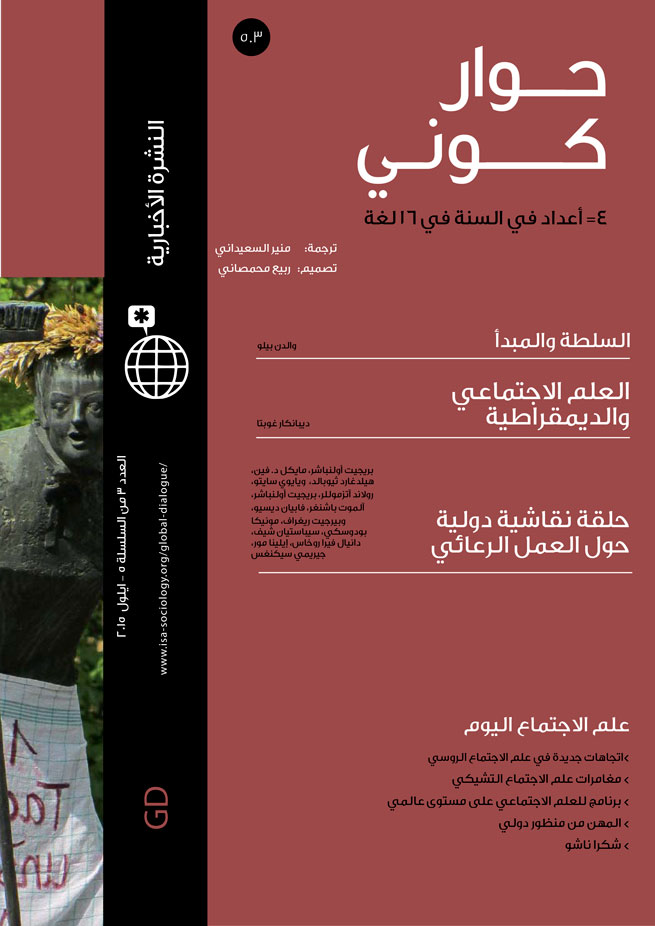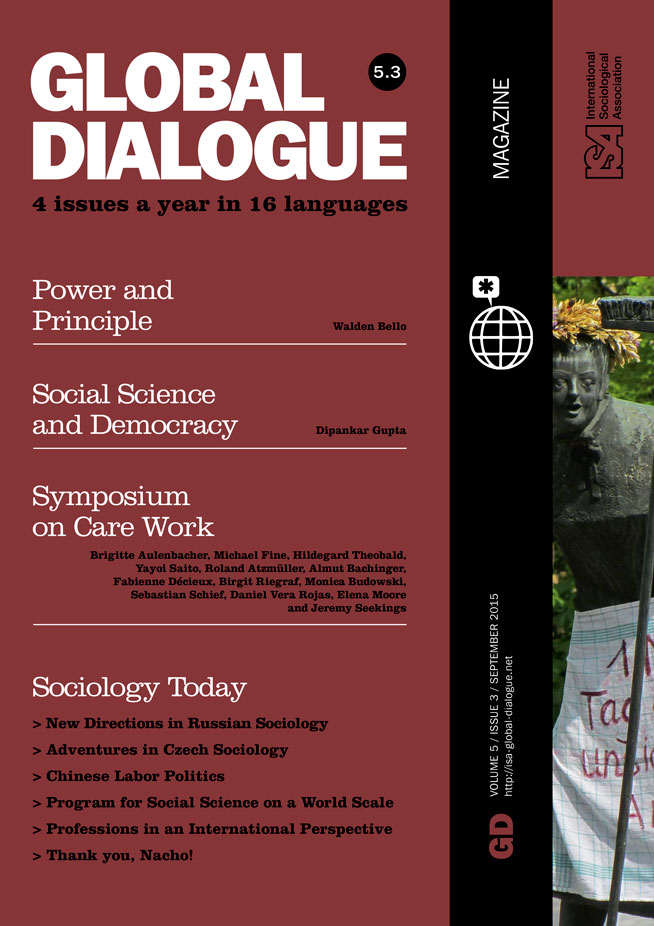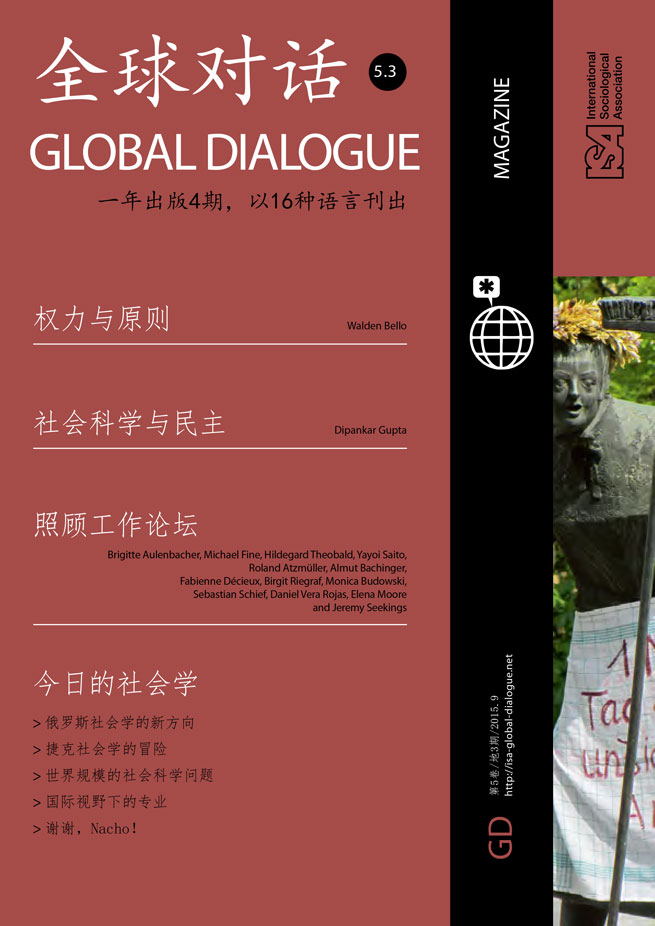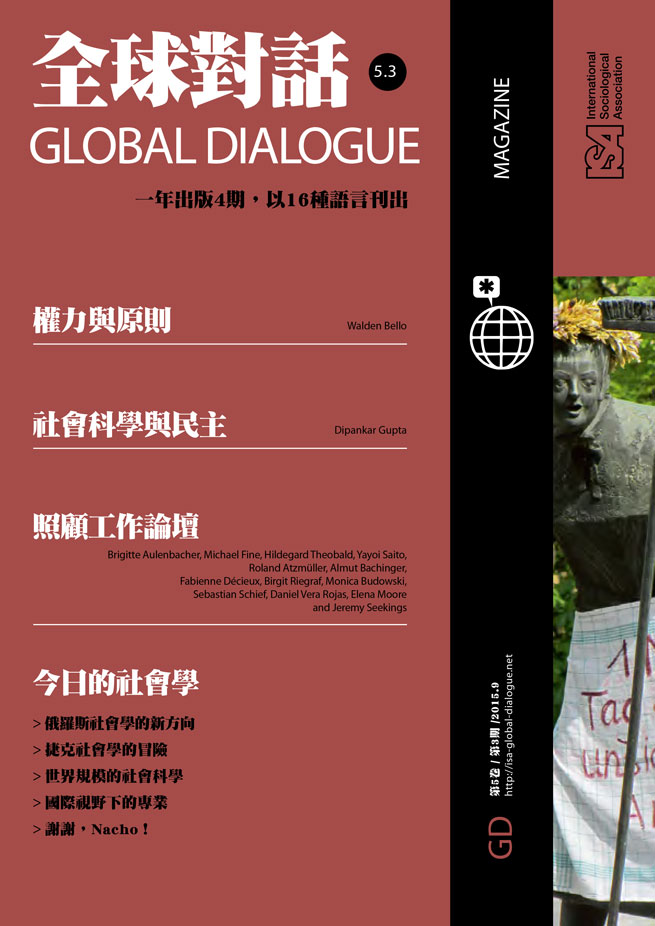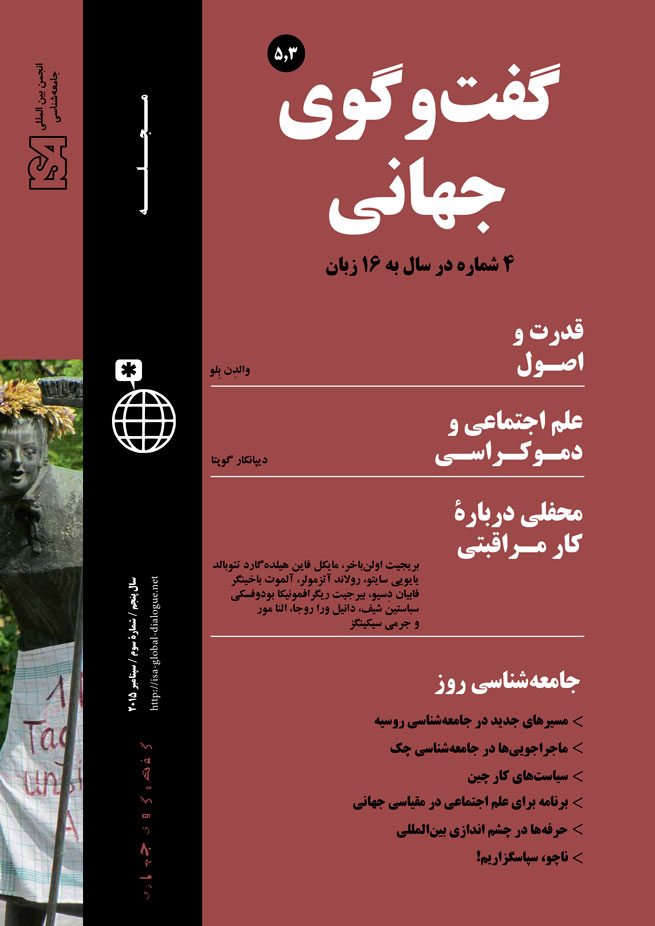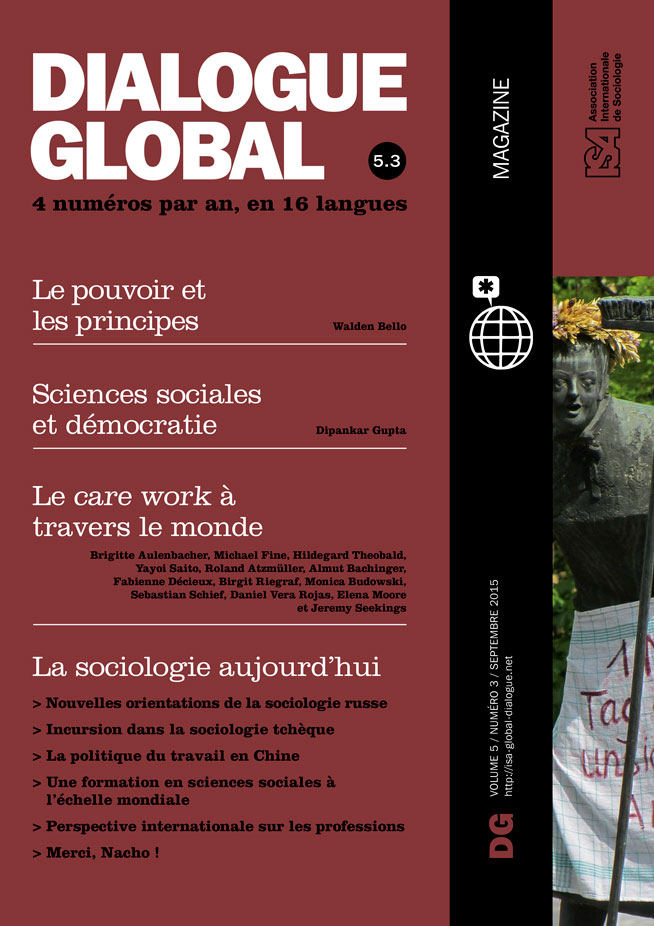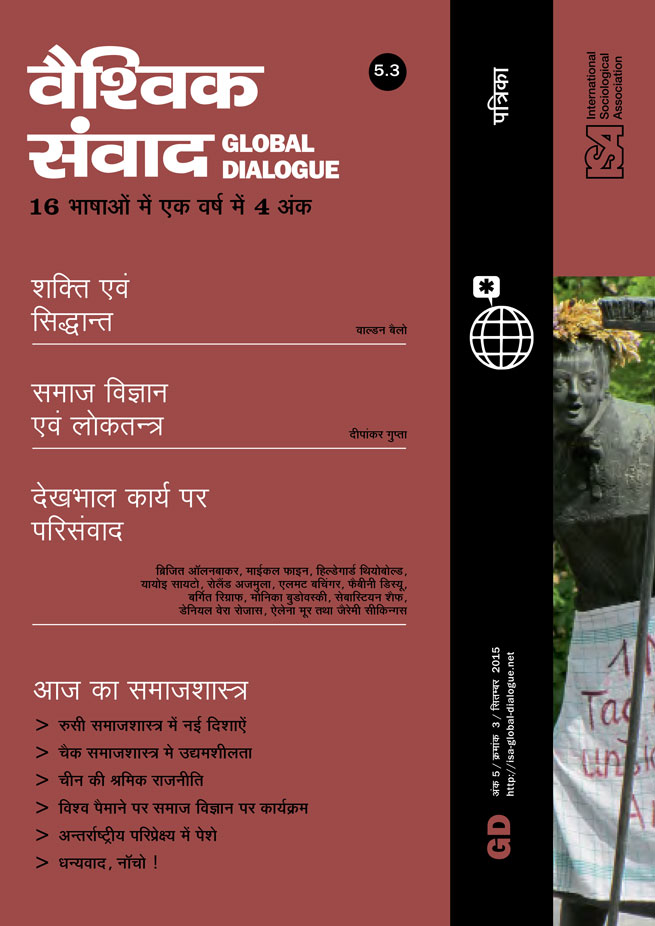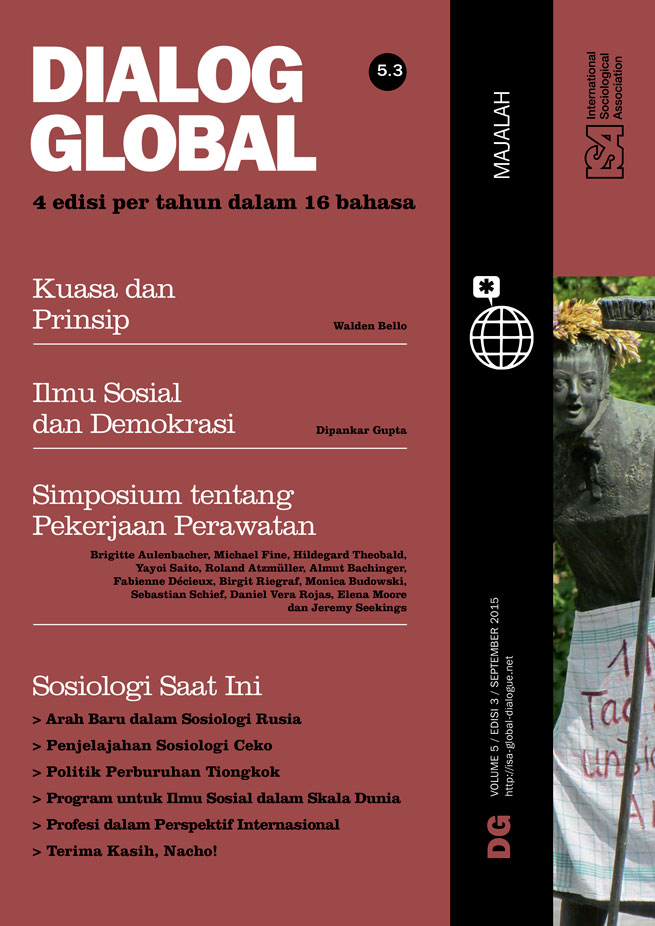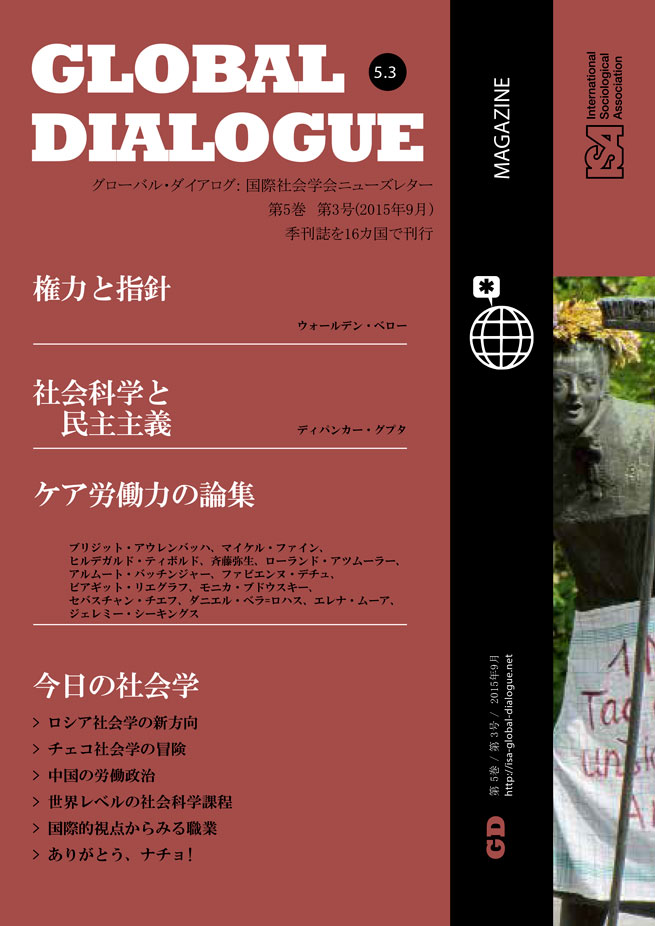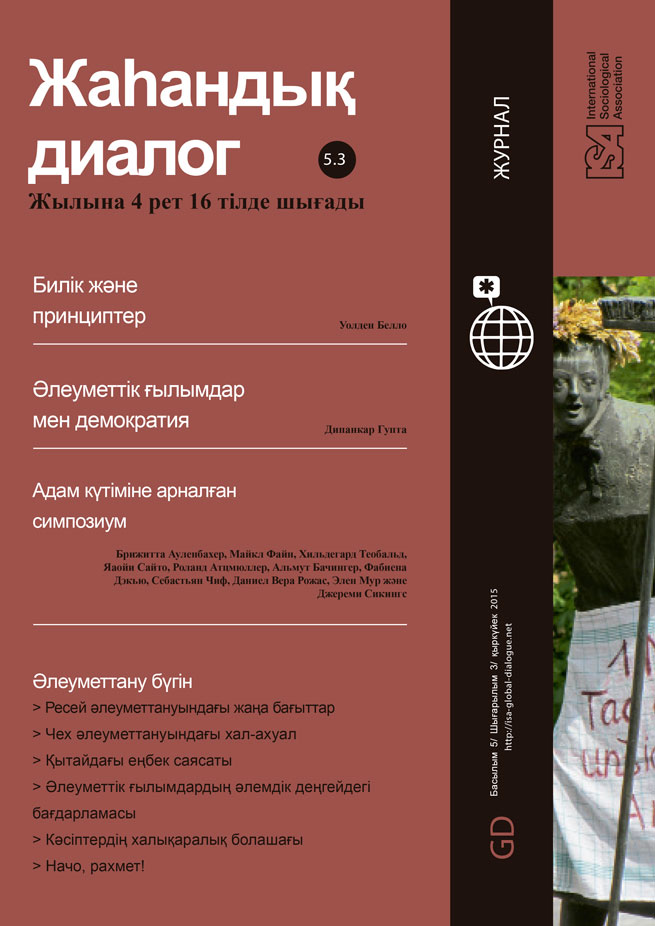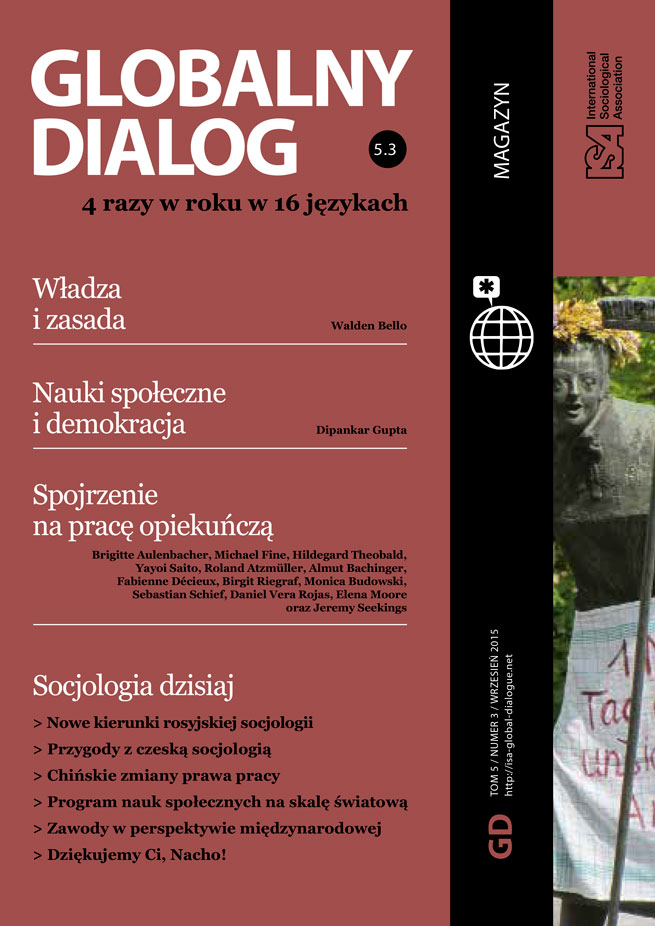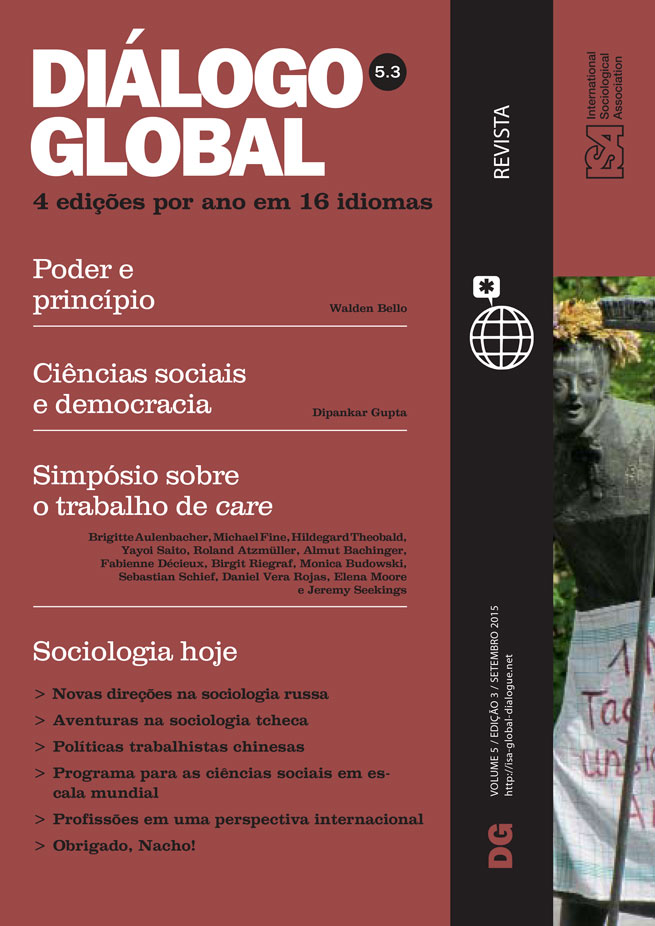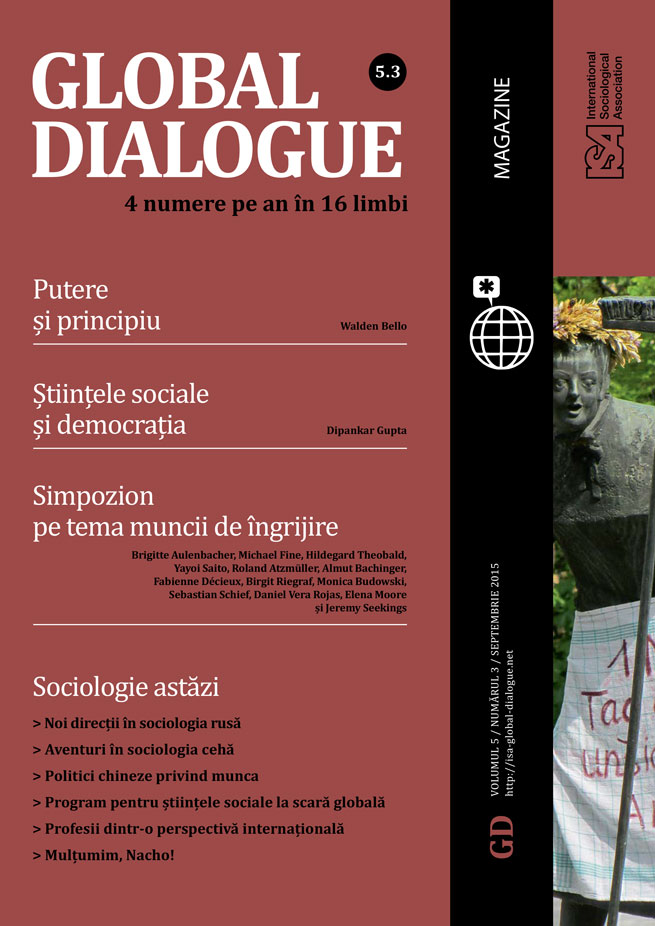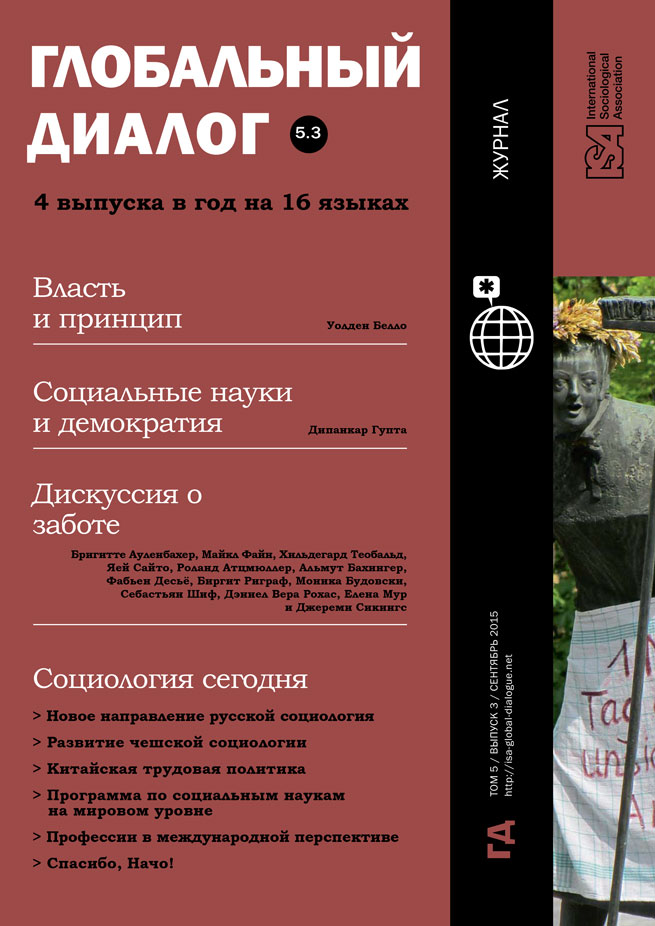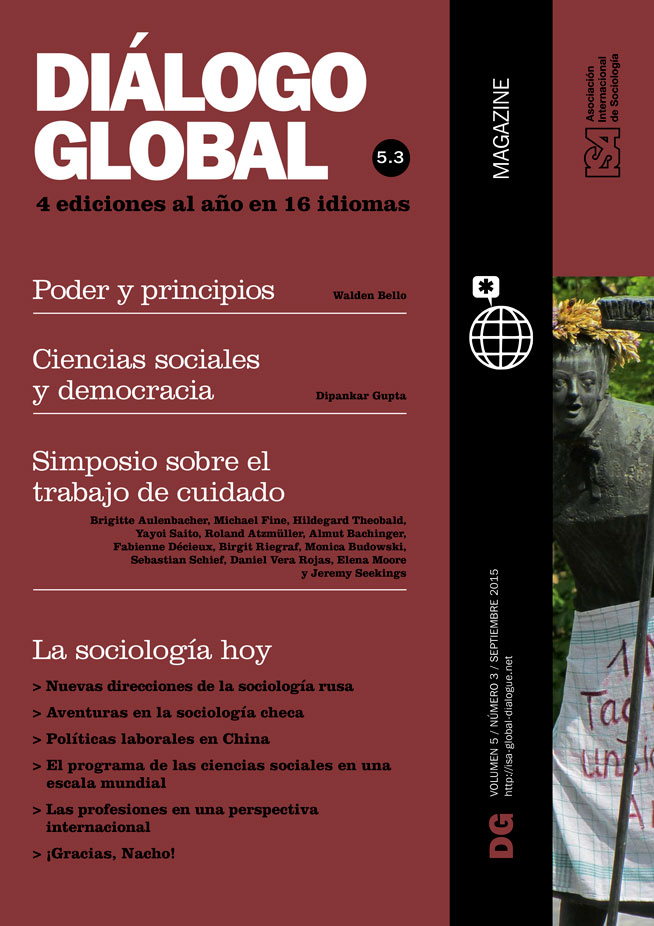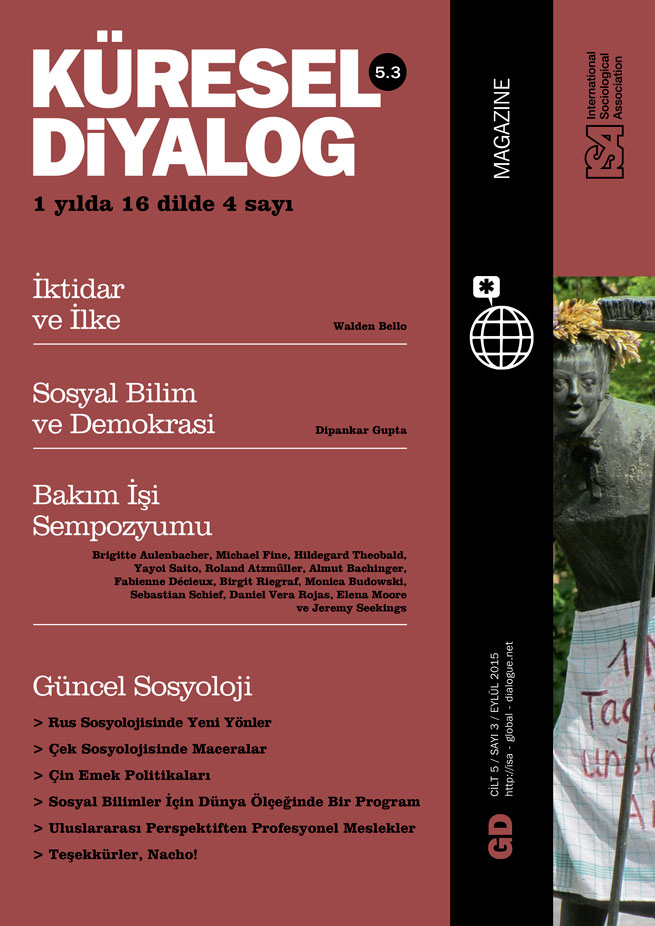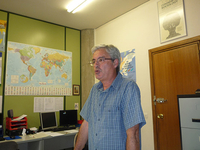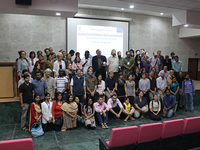Professions in an International Perspective: Opening the Box
August 08, 2015
Globalization has fundamentally expanded the scope and practice of the professions, especially in emergent economies. Rapidly developing markets in the BRICS (Brazil, Russia, India, China and South Africa) and some other middle-income countries have created new demands for professional expertise and services in both public and private sectors – even as the neoliberal turn in the Western world has questioned welfare state principles, and when austerity politics have further curbed public funding for professional services.
These developments provide unique opportunities for “real time” research into changing professions in different social contexts. At the same time, viewing professions through a global lens requires critical reflection on the concepts of professions and professionalism – concepts built on the political and economic conditions of twentieth-century Western welfare states.
Although the state has been central to discussions of professions, sociologists rarely reflect on the geopolitical and cultural contexts of specific concepts of “state” or “citizenship.” Recent research pays greater attention to globalization and transnational governance, strengthening international comparison, but many discussions of professions still primarily look at Western countries, paying little attention to the Global South or Eastern countries. We seek to turn existing approaches upside down, drawing on research carried out by different authors in South Africa, India, Argentina, Russia, Turkey and the Arab countries. Lacking a common “reference unit” beyond the concepts of “welfare state professions,” however, we offer the examples below as snapshots of professional development, using the relationship between states and professions as a unifying theme.
In Arab countries, “professionalism” is often described as a universal concept and goal. Arab professionals (e.g. university professors) discuss professional values in terms that are strikingly similar to the functionalist approaches of the 1960s and 1970s, which focused on such traits as integrity, confidentiality and trustfulness as well as social responsibility, objectivity, and knowledge-based work. At the same time, traits that were key to Western functionalism, like the organization of professional associations and the goals of control and monopoly, are missing – demonstrating that universal approaches to professionalism may be strategically mobilized to build a professional field, but professions still lack a firm basis in scientific evidence or possess mature mechanisms of public control and state support.
In both Turkey and Russia, centralized states have constrained the scope of professional groups as well as the idea of professionalism. Hence, policy changes in both countries reshape the state-professions relationships, albeit in different ways. As a middle-income country, Turkey’s emergent market logic with increasing consumerism, has increased the demand for public sector services. At the same time, policies stemming from new public management have tried to control the professions. In the health sector, for example, the combination of different strategies is obvious. New management policies have increased controls of doctors, but also created new bonds between the medical profession and the state: the government has introduced new management positions for doctors, while the medical profession increasingly integrates management into medical education.
In Russia, during the 1990s, there were major transformations in the professions. For example, a new profession of social work emerged, combining old and new value systems to create a professional field with its training systems. While the government’s low-wage policies and gendered cultures of social work constrained professional development, new market-driven social policies furthered professionalization: social workers were needed to provide access and validate claims to social rights. Consequently, social work is both increasingly integrated into the public sector while also benefitting from market expansion. At the same time, social workers lack the power to define their identity or their position in the new marketized policy arrangements – arrangements that may also transform their relationships with clients.
India and South Africa are both experiencing economic growth and emergent global power and both countries have also established more plural governance arrangements. Professional development is shaped by both globalization and colonial history, and in both countries, the Anglo-Saxon model of liberal welfare state has led to professions with strong self-governance, including control over access to the profession.
In India, the legal profession is at the hub of strong forces of globalization as well as national regulation that constrains market competition among law firms and restricts access of foreign lawyers. Both Indian and foreign law firms have developed strategies of market expansion through new forms of corporate investigations. India is becoming a major destination for the outsourcing of legal processes, a strategy already familiar in IT and publishing sectors. Such transformations have created a small elitist professional segment, while undermining the status of legal professionals who cannot compete in a globalizing market. In this elitist sector, state interventions have had limited power to reorganize the professions due to the influence of global corporate politics.
South Africa’s rapid economic growth has coincided with public professionalism and integration into the public sector. Post-apartheid politics include strong demand for more inclusive professional development. Even so the professions remain structured by gendered and racial or ethnic patterns of inequality. Here, professionals have been able to mobilize strong self-governing capacities, separate from the state, preserving occupational monopolies by controlling access to professional fields. Re-stratification, marketization and management changes have entrenched gender and racial inequalities, despite the absence of (formal) legal and state support and despite new legal requirements designed to promote inclusion. Recent state efforts to regulate the professions – part of the state’s transformation agenda – may challenge long-standing occupational monopolies, opening doors for previously excluded social groups.
Finally, Argentina’s growing economy has also offered expanded social services, with increasingly plural governance. Here, historically-strong connections with Europe (especially the Latin countries) have shaped public sector professionalism – including, new transnational options for higher education, especially in professional education and postgraduate studies. Professional groups have responded to transnational markets by creating both new career chances for individual professionals and new processes of knowledge production and skills certification. This example highlights how globalization and transnationalism may strengthen the role of the professions as change agents and policy players not only nationally, but also potentially internationally.
Our case studies involve a range of professional fields, from higher education, law and media to social work and medicine. Though each story is unique, and all are still unfolding, each will contribute to a still-evolving global perspective on the professions.
This is a contribution from the ISA Research Committee on Professions (RC52). For details of the country cases and authors, see http://www.isa-sociology.org/pdfs/ rc52_professions_in_world_perspective.pdf.
Ellen Kuhlmann, Karolinska Institutet, Sweden <ellen.kuhmann@ki.se>
Tuba Agartan, Providence College, USA
Debby Bonnin, University of Pretoria, South Africa
Javier Pablo Hermo, University of Buenos Aires, Argentina
Elena Iarskaia-Smirnova, Higher School of Economics, Moscow, Russia
Monika Lengauer, Technical University of Dortmund, Germany
Shaun Ruggunan, University of KwaZulu-Natal, South Africa
Virendra P. Singh, University of Allahabad, India; all the authors are members of the ISA Research Committee on Professions (RC52)

